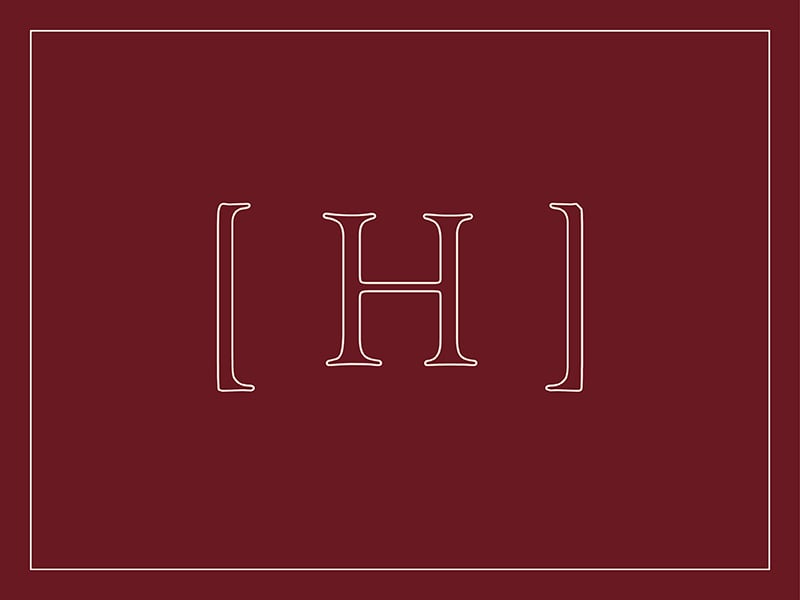Stephen Crane was born on November 1, 1871, just after his father, the Reverend Jonathan Townley Crane, had finished writing a letter. “I was interrupted yesterday,” Reverend Crane wrote the following day in an addendum, “and did not send this to the Post Office.” Stephen’s older brother Edmund had been dispatched to send the letter, and he fell down a flight of stairs in the process. “Mrs. Crane is still alarmed for Ed's knee which continues [to be] painful,” Reverend Crane wrote in a letter the following week, “but the baby is very good and quiet.”
The rest of Stephen’s life would prove no less disruptive: by the time of his death of tuberculosis at age twenty-eight, he had become a foundational figure in American naturalism; had written one of the first novels about the Civil War, which went through ten editions in its first year and which his friend H. G. Wells recalled as having received an “orgy of praise”; testified to the innocence of a fellow New York bohemian accused of prostitution, for which he was portrayed in the press as both “a knight errant” and “the veriest filth”; split his hand open while preventing a friend from stabbing a drunken newspaper correspondent during an illegal fundraiser for the Cuban cause, after which, according to another friend, he was never again the same; befriended Joseph Conrad, who, according to mutual friend James Gibbons Huneker, kept a photograph of Crane on his desk; influenced Ernest Hemingway; served as a war correspondent during the Spanish–American War; and survived a New Year’s Day shipwreck off the Floridian coast by floating in a ten-foot dinghy for a day and a half. “It was only the last year that he overcame his bashfulness about hearing the sound of his voice,” his common-law wife, the writer and brothel owner Cora Taylor, wrote after his death.
Crane was first published in Harper’s Magazine three years after his second novel, The Red Badge of Courage (1895), secured his legacy. (His first, Maggie: A Girl of the Streets, was published in 1893 under the pseudonym Johnston Smith, chosen after asking his friend for the stupidest name in the world. The chambermaid of Crane’s Bowery boardinghouse reportedly used its pages as kindling.) “The Monster,” which appeared in the August 1898 issue of the magazine, was called by William Dean Howells “the greatest short story ever written by an American,” and half a century later was mentioned by Ralph Ellison, alongside The Adventures of Huckleberry Finn, as “one of the parents of the modern American novel.” “The damned story has been haunting me,” Joseph Conrad wrote.
Wallace Stevens attended Crane’s funeral on June 28, 1900. “Certainly he deserved something better than this absolutely commonplace, bare, silly service I have just come from,” he recalled. “As the hearse rattled up the street over the cobbles in the stifling heat of the sun, with not a single person paying the least attention to it and with only four or five carriages behind it at a distance, I realized much that I had doubtingly suspected before—there are few hero-worshippers.”













































































































































































